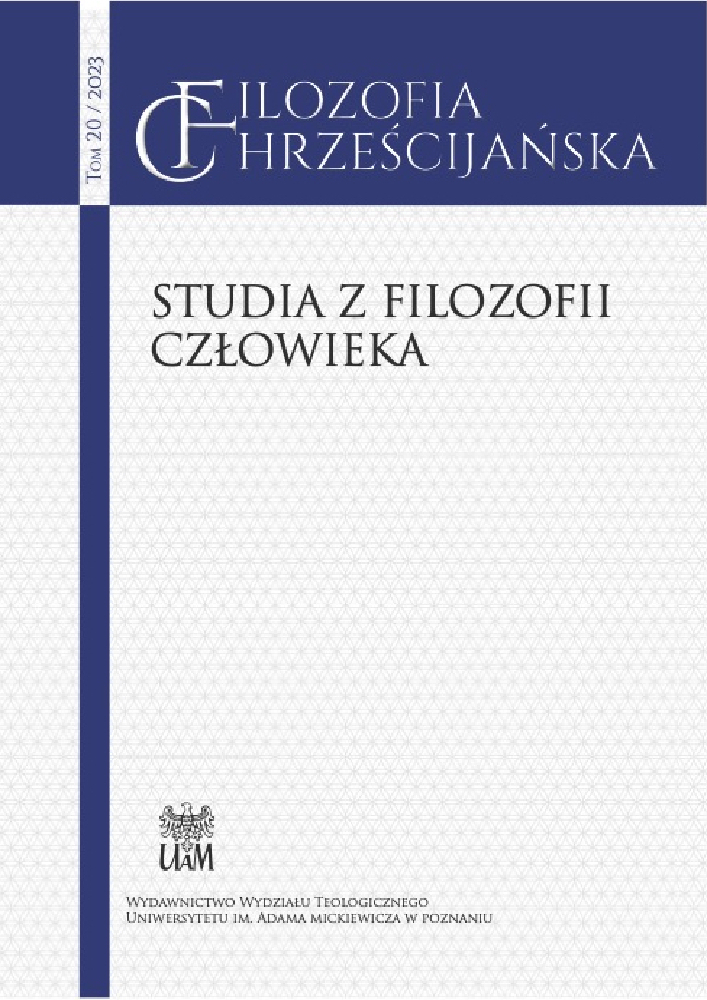Abstract
The Book of Radiance or Zohar is a book created in medieval Spain. And although it is said that its author was the great rabbi of the beginning of the centuries, Shimon bar Yochai, a deeper analysis, especially linguistic (the work is written in artificial Aramaic, in which Arabic, Greek and romance words are woven) showed that it was actually written by the Castilian Kabbalist Moses of Leon, claiming to be the person who only found the manuscript and copied it in several copies. The Zohar, iconoclastic for ones, is for others the third – after the Torah and Talmud – the most important text of the Jewish religion. It is a kind of summary of the centuries-old wisdom of the Sephardim – both representatives of ecstatic-prophetic Kabbalah and theurgical-theoretical – given in the form of a story about the adventures of Simon bar Yochai, who together with his son and adepts travels through Palestine, meditating on the Hebrew Bible, in particular the Pentateuch. Wanderers in their meditations resort to the authority of the most eminent rabbis, and from the exegesis created from them emerges a specific theory of God's Names constituting the basis for future Jewish mysticism, which, based on the Book of Radiance, will be created in the lands of Safed thanks to, among others, Moses Cordovero and Isaac Luria. This article presents this theory in detail, using explanations of its most important experts, such as D. Matt, Ch. Mopsik, M.A. Ouaknin, G. Scholem and G. Vajda, for a better understanding of the intricacies of the Zohar.
References
El Cantar de los Cantares. Comentado por El Zohar, tłum., oprac. i wstęp J. Peradejordi, Barcelona 2015.
Graetz H., Historia Żydów, t. 2, tłum. S. Szenhak, Warszawa 1929.
Green A., A Guide to the Zohar, Standford 2004. DOI: https://doi.org/10.1515/9780804782913
Hildegarda z Bingen, Scivias, t. 2, ks. 3, tłum. J. Łukaszewska-Haberkowa, Kraków 2011.
Idel M., Kabbalah and Eros, New Haven–London [USA, Pennsylvania] 2005.
Matt D., The Zoharic Origin of Tikkun Leil Shavuot, https://www.youtube.com/watch?v=TnTrHqB0sEY [dostęp: 07.08.2021].
Mechtylda z Magdeburga, Strumień Światła Boskości, t. 1, tłum. P.J. Nowak, Kraków 2016.
Mistrz Eckhart, Kazania i traktaty, tłum. J. Prokopiuk, Warszawa 1988.
Ouaknin M.A., Concerto pour quatre consonnes sans voyelles, Paris 1991.
Ouaknin M.A., Rotnemer D., Le livre des prénoms bibliques et hébraïques, Paris 1993.
Pięcioksiąg. Hebrajsko-polski Stary Testament. Przekład interlinearny z kodami gramatycznymi i transliteracją oraz indeksem rdzeni, tłum. A. Kuśmirek, Warszawa 2003.
Pisma. Hebrajsko-polski Stary Testament. Przekład interlinearny z kodami gramatycznymi i transliteracją oraz indeksem rdzeni, tłum. A. Horodecka i in., Warszawa 2014.
Prorocy. Hebrajsko-polski Stary Testament. Przekład interlinearny z kodami gramatycznymi, transliteracją i indeksem słów hebrajskich, tłum. G. Szamocki i in., Warszawa 2008.
Scholem G., Mistycyzm żydowski i jego główne kierunki, tłum. I. Kania, Warszawa 2007.
Tomasz z Akwinu, Dzieła wybrane, tłum. J. Salij i in., oprac. i wstęp. J. Salij, Kęty 1999.
Wolfson E.R., The body in the text. The kabalistic theory of embodiment, „The Jewish Quarterly rReview”, 2005, t. 93, nr 3, http://www.ma.huji.ac.il/~kazhdan/Shneider/hermeneutics/Wolfson_Body_in_the_Text.pdf [dostęp: 05.09.2021]. DOI: https://doi.org/10.1353/jqr.2005.0062
Wolfson E.R., Trough a Speculum That Shines. Vision and Imagination in Medieval Jewish Mysticism, Princeton [USA, New Jersey] 1997.
Le Zohar. Cantique des Cantiques, tłum. Ch. Mopsik, Lagrasse 1999.
Zohar. The Book of Enlightenment, tłum. i wstęp D. Chanan Matt, Słowo wstępne A. Green, New Jersey 1983.
License
Copyright (c) 2023 Jadwiga Clea Moreno-Szypowska

This work is licensed under a Creative Commons Attribution-NoDerivatives 4.0 International License.
Autorzy
Autorzy tekstów przyjętych do publikacji w czasopiśmie Filozofia Chrześcijańska są zobowiązani do wypełnienia, podpisania i odesłania na adres redakcji umowy o udzielenie nieodpłatnej licencji do utworów, z zobowiązaniem do udzielania sublicencji CC.
Zgodnie z umową, autorzy tekstów opublikowanych w czasopiśmie Filozofia Chrześcijańska udzielają Uniwersytetowi im. Adama Mickiewicza w Poznaniu niewyłącznej i nieodpłatnej licencji oraz zezwalą na użycie sublicencji Creative Commons Attribution-NoDerivatives 4.0 International (CC BY-ND 4.0).
Autorzy zachowują prawa do dalszego, swobodnego rozporządzania utworem.
Użytkownicy
Zainteresowani użytkownicy internetu uprawnieni są do korzystania z utworów opublikowanych od 2015 roku w Filozofia Chrześcijańska pod następującymi warunkami:
- uznanie autorstwa - obowiązek podania wraz z rozpowszechnionym utworem, informacji, o autorstwie, tytule, źródle (odnośniki do oryginalnego utworu, DOI) oraz samej licencji;
- bez tworzenia utworów zależnych - utwór musi być zachowany w oryginalnej postaci, nie można bez zgody twórcy rozpowszechniać np. tłumaczeń, opracowań.
Do wszystkich tekstów opublikowanych przed 2015 r. prawa autorskie są zastrzeżone.
Inne
Uniwersytet im. Adama Mickiewicza w Poznaniu zachowuje prawo do czasopisma jako całości (układ, forma graficzna, tytuł, projekt okładki, logo itp.).

